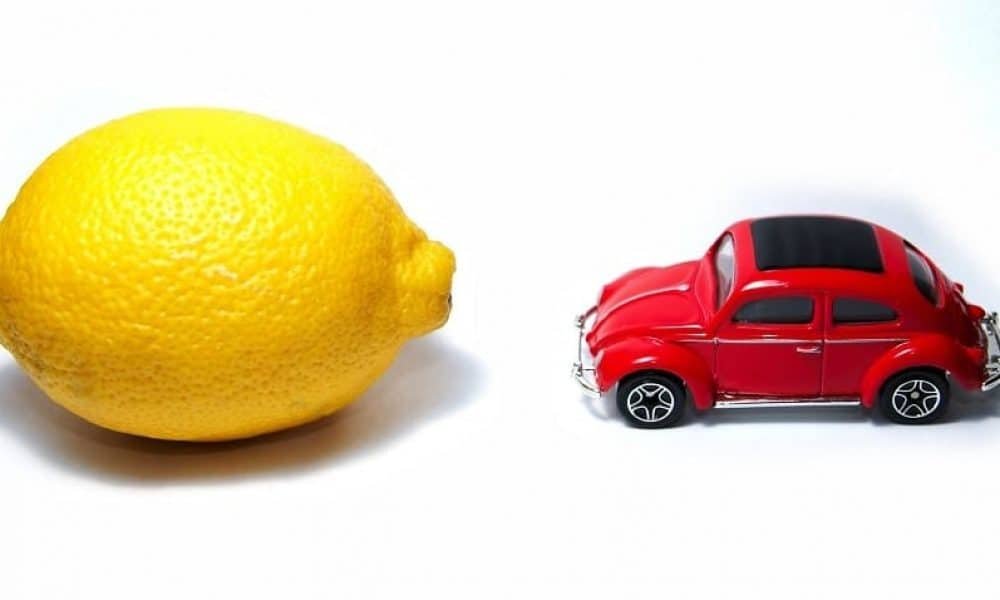Lemon laws provide legal remedies for vehicles that fail to meet a manufacturer’s promised standards. These remedies include cash compensation and vehicle replacement. Various factors can affect your ability to pursue a lemon law claim.
The Vehicle’s Purchase Contract
Lemon laws provide a legal remedy to purchasers of new or used cars, trucks, motorcycles, power wheelchairs, and defective farm equipment. When you have taken your vehicle in for a problem that cannot be repaired after a reasonable number of attempts, you may be entitled to compensation, such as a refund or replacement.
The key to a successful lemon law claim is documentation. You should keep all sales or lease documents, service records, and detailed repair orders. These will affect the dollar amount you could receive as a refund for your troubled vehicle. Additionally, you must communicate the issues to the manufacturer in writing. If you do not, the manufacturer could argue that they attempted to fix the vehicle in a sufficient amount of time and did not have an opportunity to determine whether your claims were legitimate. A skilled lemon law attorney in Texas can help you collect and organize your documentation and file for arbitration. Your attorney will be able to negotiate with the manufacturer and bring your case before an impartial arbitrator to get you the compensation that you deserve. In most cases, the manufacturer will settle before your case even reaches trial, allowing you to use your settlement funds to obtain a new car or truck that is free from the persistent problems of your current one.
The Vehicle’s History
Keeping detailed records helps a lemon law attorney build a solid case, increasing the likelihood that it will resolve in your favor. This includes documentation like drop-off repair orders; pick-up repair orders; vehicle service records; notes and conversations with the dealer or manufacturer; letters; tow truck receipts, and rental car receipts. It also includes documentation of any physical damage to the vehicle, including dents, scratches, paint chips; odors; and excessive wear and tear. A vehicle is covered by lemon laws when it has been repaired by the manufacturer or its authorized dealers four or more times without a successful fix. It must also be out of service for a certain period or miles, and the defect must be severe enough to cause substantial impairment in its use, safety, or value. Abuse, neglect, or unauthorized alterations to the vehicle also disqualify it from qualifying as a lemon.
Consumers can choose from several remedies under lemon laws, including repurchase, a purchase price refund, or compensation. Consumers need to be clear about the remedy they want from the manufacturer, especially regarding a replacement vehicle, as some states require manufacturers to pay the full purchase price of the original vehicle and any trade-in allowances.
The Vehicle’s Warranty
Buying a new car is usually one of the largest purchases a consumer makes. Therefore, consumers must understand the warranties that are available to them to protect them against defects in their vehicles.
Many states have lemon laws to help consumers recover when they get a defective vehicle. These laws have specific requirements, such as requiring a reasonable number of repair attempts and allowing a claim to be made within a specified period. However, the definition of a “lemon” is different in each state. The definition is generally based on whether the problem substantially impairs the vehicle’s use, value, or safety.
Some examples of issues that might rise to the level of a lemon law claim include a shuddering or shaking sensation, difficulty starting, repeated stalling, or other problems that compromise a vehicle’s value or safety. Other minor problems, such as a radio that keeps freezing or an air conditioning system that is constantly making noise, might also qualify if they affect the use or enjoyment of the vehicle.
Regardless of what kind of defects are present in the vehicle, a consumer must keep records of all issues and visits to the dealership to show that he or she made a reasonable number of attempts to repair them. Additionally, if the vehicle is financed or leased, consumers must continue making payments while pursuing a lemon law claim.
The Vehicle’s Service History
Having as much proof as possible is essential when filing a lemon law claim. This includes a clear record of the problems that the vehicle has experienced. Documentation should include detailed repair orders, repair estimates, dealer bookkeeping records, phone and email records, notes from conversations with dealers or manufacturers, rental car receipts, and any other relevant evidence.
To qualify as a lemon, the vehicle must have been in the shop for a reasonable number of days, which differs between states. Most of the time, this is considered 30 days or more (not necessarily consecutive). The vehicle also needs to be under warranty. This can be either a new or used car warranty. Depending on your state’s lemon laws, you could be entitled to receive a refund or a replacement vehicle. Some states have rules for what a “comparable replacement vehicle” is, but it is usually a newer model than the lemon. Having an experienced lemon law attorney by your side can be vital to ensure you have the necessary documentation. In addition, you will need to know if your state’s lemon laws include an arbitration program. This involves settling disputes outside of court and can be more efficient than going to trial.







